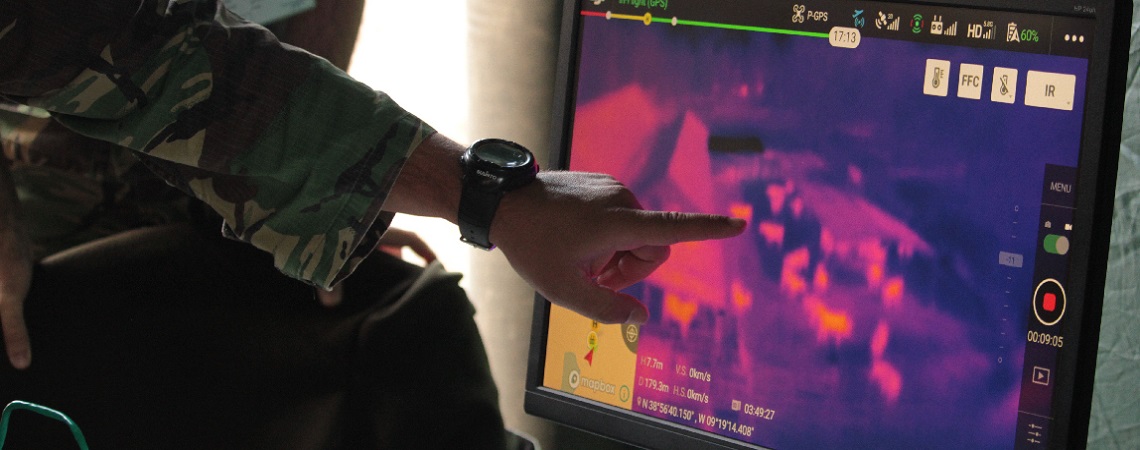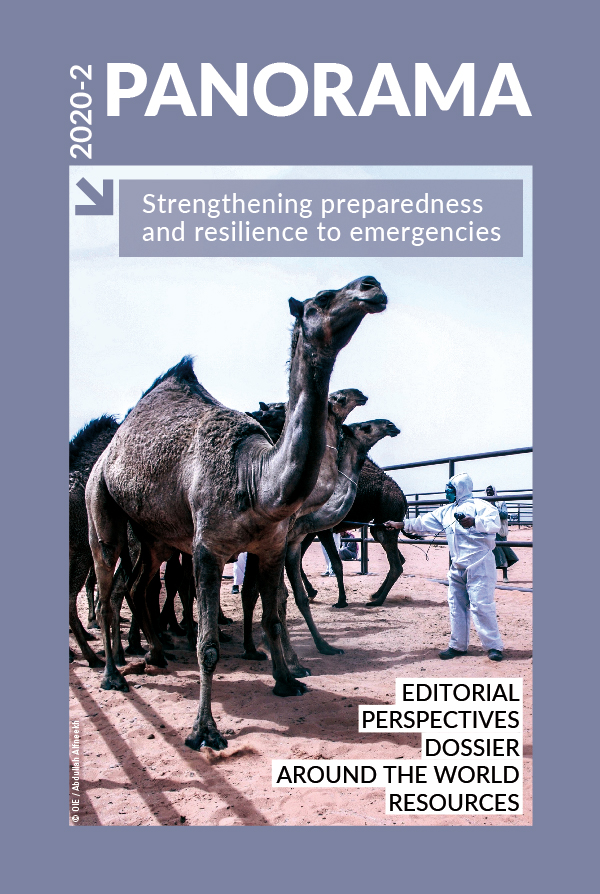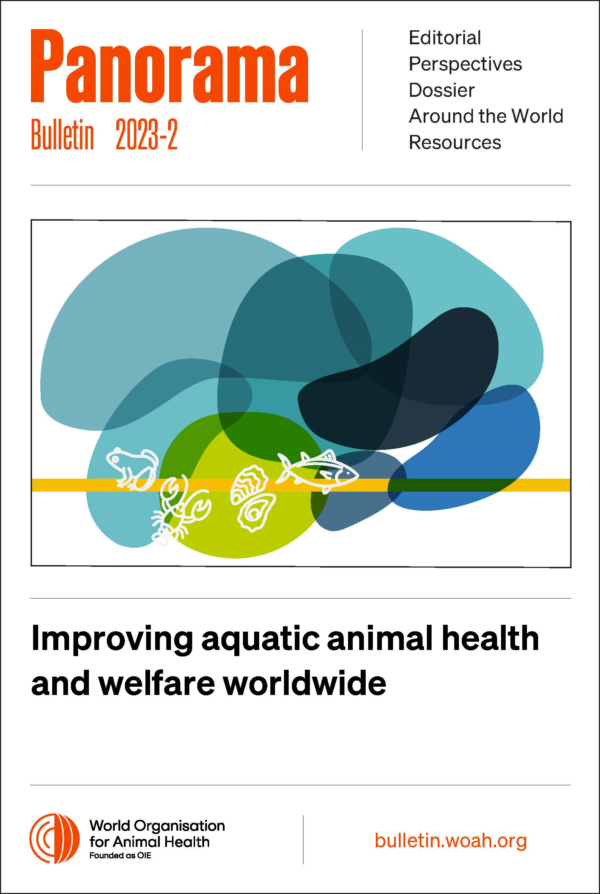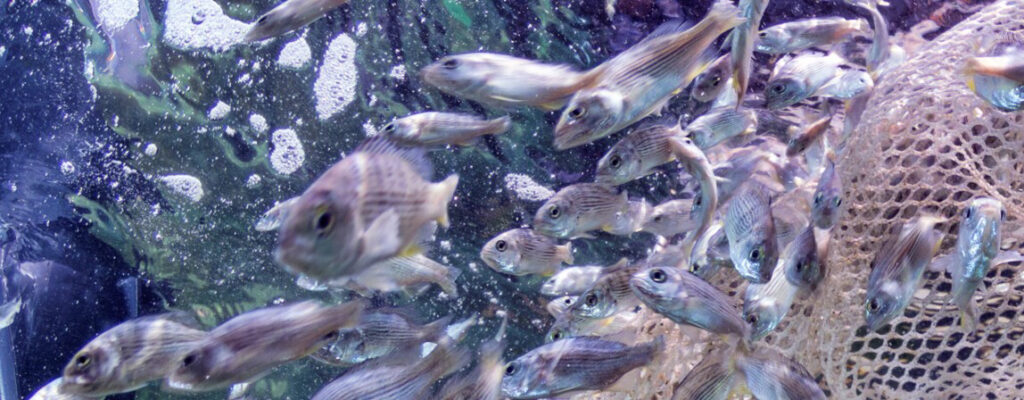Perspectives Posted on 2021-03-08 08:49:47
OIE actions
Exploring innovative approaches to improving the sustainable management of animal health emergencies
Keywords
Authors
D. Donachie (1)* & K. Hamilton (1)
(1) Preparedness and Resilience Department, World Organisation for Animal Health (OIE).
* Corresponding author: d.donachie@oie.int
The experts agreed that there is no ‘one size fits all’ for emergency management, and sustainability is a challenge to achieve in both low- and high-resource settings. However, innovative approaches could offer partial solutions.
Innovative models to support resilience include inter-country agreements to share human resources for an emergency response; public−private partnerships, e.g. shared responsibility between the government and livestock sector; novel assessment and prediction models (using climate data and ‘big data’); mechanisms to mobilise financial resources (including contingency funds); response networks (including research); insurance policies; and mechanisms to fast track the development and sourcing of vaccines.
The participants agreed that having a contingency plan does not necessarily equate to being prepared. A plan must be ‘fit for purpose’: it must be based on local risks and accompanied by adequate resources (including trained personnel, equipment, and finances). Preparedness must be regularly tested through well-designed and executed simulation exercises.
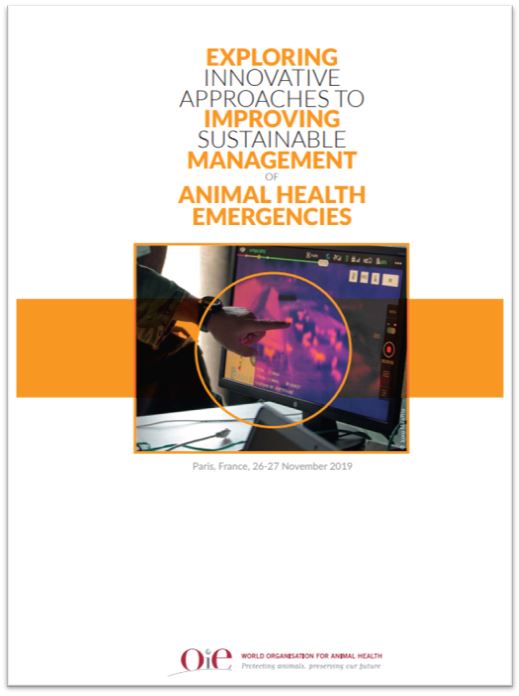
Networking between OIE Members supports resilience. Countries can learn from one another (in the context of planning or participating in multi-country exercises), and share personnel to support an emergency response or expertise in the field of research and development.
One example of important multisectoral collaboration is between law enforcement and Veterinary Services to prevent and respond to agro-crime and agro-terrorism. The costs of investing in multisectoral preparedness against these threats can be far outweighed by the potential socio-economic, health and political benefits. Preparedness against such threats should be integrated into animal health emergency management planning and include raising awareness with stakeholders, establishing roles and responsibilities, joint training and exercises, and seeking the input of stakeholders and other agencies when developing contingency plans.
A multisectoral approach to emergencies is essential when dealing with any animal health and welfare emergency.
| All the presentations given during the workshop are available as PDF files upon request to the corresponding author. Workshop agenda |
http://dx.doi.org/10.20506/bull.2020.2.3141
| OIE web portal on planning for emergencies |




